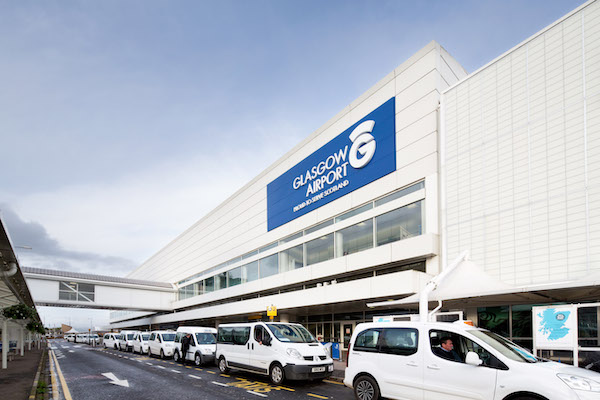Security staff at Glasgow and Aberdeen airports avert a potential strike through accepting a new remuneration package.
An agreement brokered by the Unite union promises significant financial improvements, easing tensions among workers.
Strike Averted Through Negotiation
The recent threat of industrial action by security staff at Glasgow and Aberdeen airports has been effectively neutralised. This comes after employees overwhelmingly voted to accept a newly proposed pay deal. The new agreement, which was facilitated by the Unite union, encompasses a robust pay increase of up to 12.8%. Such decisive negotiations have prevented the disruption of operations at these key airports, much to the relief of travellers and airport authorities alike.
Details of the New Pay Agreement
The agreement outlines several key financial improvements for the airport security staff. It includes a basic pay rise of 5% in addition to a £500 one-off payment. Further components of the deal feature an enhanced shift allowance, now increased by 75p per hour, effectively an uplift of approximately 5.9%. These terms were met with approval from the union members, resolving the contention surrounding the previously inadequate 4% pay offer.
Enhanced Benefits for Staff
In addition to the pay rise, the new deal offers additional benefits. Employees will gain access to double time shift rates for critical holidays such as Christmas and New Year’s Day. This improvement acknowledges the demanding nature of their roles during peak periods, ensuring that their contributions are adequately compensated across all scheduled workdays. Further negotiations have led to the opening of at least 15 full-time positions, prioritising existing part-time staff.
Union’s Role in Achieving Resolution
Unite’s pivotal role in negotiations underscores the union’s commitment to enhancing workplace conditions. According to Pat McIlvogue, Unite’s lead industrial officer for aviation in Scotland, the union’s efforts resulted in a satisfactory offer that addressed member concerns. His statement, “We are pleased that the company came to its senses and got back round the table,” highlights the positive outcome-driven approach adopted by both the union and the employers, ensuring a harmonious resolution.
Implications for Airport Operations
The resolution of the potential strike is strategically significant for airport operations, which rely heavily on security staff to maintain efficient and secure processes. These staff are instrumental in handling passenger security, conducting necessary mobile patrols, and overseeing delivery checkpoints. Their role is critical in upholding the smooth functioning of both Glasgow and Aberdeen airports, thus avoiding what could have been severe disruptions.
Future Outlook for Employers and Employees
The successful negotiation sets a precedent for future employer-employee engagements, particularly within the aviation sector. By actively addressing staff grievances and valuing their work, employers can foster a more motivated and content workforce. This incident serves as a reminder of the importance of recognising employee contributions and the necessity of maintaining open communication channels. Such outcomes benefit long-term operational stability and employee satisfaction.
Conclusion of Negotiations
The amicable resolution of this dispute through constructive dialogue and negotiation is indicative of the potential for positive outcomes when both parties engage sincerely. This not only highlights the importance of robust negotiation skills but also the value of compromise. Ultimately, both airports can continue their operations smoothly, benefitting staff, travellers, and the operational management teams.
The resolution at Glasgow and Aberdeen airports underscores the importance of negotiation, benefiting aviation operations and workforce harmony.
Effective negotiation between employers and employees fosters enduring partnerships, crucial for seamless airport operations.

